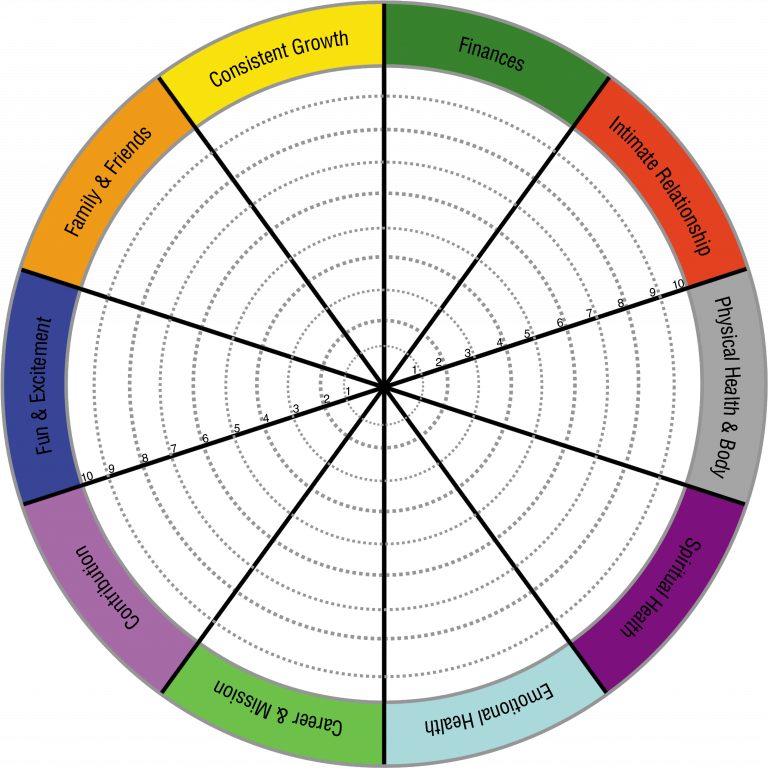Have you ever found yourself stuck, unable to start or finish a task because it just wasn’t “perfect” enough? Many people struggle with perfectionism paralysis, a common issue that can seriously hold us back in life. As a perfectionism paralysis coach in Dubai, I’ve seen how this problem affects people from all walks of life. Let’s see why this happens and what we can do about it.
What is Perfectionism Paralysis?
Perfectionism paralysis is when the fear of not doing something perfectly stops us from doing it at all. It’s like being frozen in place, afraid to take a step in any direction because it might not be the “right” step. This can affect everything from work projects to personal goals and even everyday tasks.
Why Do People Fall into This Trap?
Fear of failing: Many perfectionists are terrified of failing. They think that if they can’t do something perfectly, it’s not worth doing at all.
High expectations from self: Some people set incredibly high standards for themselves. When they can’t meet these unrealistic goals, they feel stuck.
Comparison yourself to others: In today’s social media world, it’s easy to compare ourselves to others. This can make us feel like our efforts aren’t good enough.
Looking for approval: Some people use perfectionism as a way to gain approval from others. They think that if they’re perfect, everyone will like them.
Avoiding criticism: By not doing anything, perfectionists can avoid the possibility of being criticized.
The Impact of Perfectionism Paralysis
This problem can have serious effects on our lives:
Missed Opportunities: When we’re too afraid to try, we miss out on chances to grow and succeed.
Stress and Anxiety: Constantly worrying about being perfect can be really stressful.
Procrastination: Perfectionism often leads to putting things off until the “perfect” moment.
Low Self-Esteem: When we can’t meet our own high standards, it can make us feel bad about ourselves.
Breaking Free from Perfectionism Paralysis
As a perfectionism paralysis coach in Dubai, I’ve helped many people overcome this challenge. The following techniques can help:
Embrace “Good Enough”: Recognize that doing something imperfectly is better than not doing it at all.
Set Realistic Goals: Break big tasks into smaller, more manageable steps.
Practice Self-Compassion: Be kind to yourself. Everyone makes mistakes, and that’s okay.
Focus on Progress, Not Perfection: Celebrate small wins along the way.
Challenge Negative Thoughts: When you catch yourself thinking perfectionist thoughts, question them.
Take Action: Sometimes, the best way to overcome paralysis is to just start, even if it’s not perfect.
Remember, perfectionism paralysis is a common struggle, but it doesn’t have to control your life. With the right mindset and tools, you can learn to move past this obstacle and achieve your goals.
As a perfectionism paralysis coach in Dubai, I’ve seen many people transform their lives by letting go of perfectionism. It’s not about lowering your standards – it’s about setting realistic expectations and learning to value progress over perfection.
If you’re struggling with perfectionism paralysis, know that you’re not alone, and there is hope. With the right support and strategies, you can break free from this cycle and start living a more fulfilling, balanced life.




